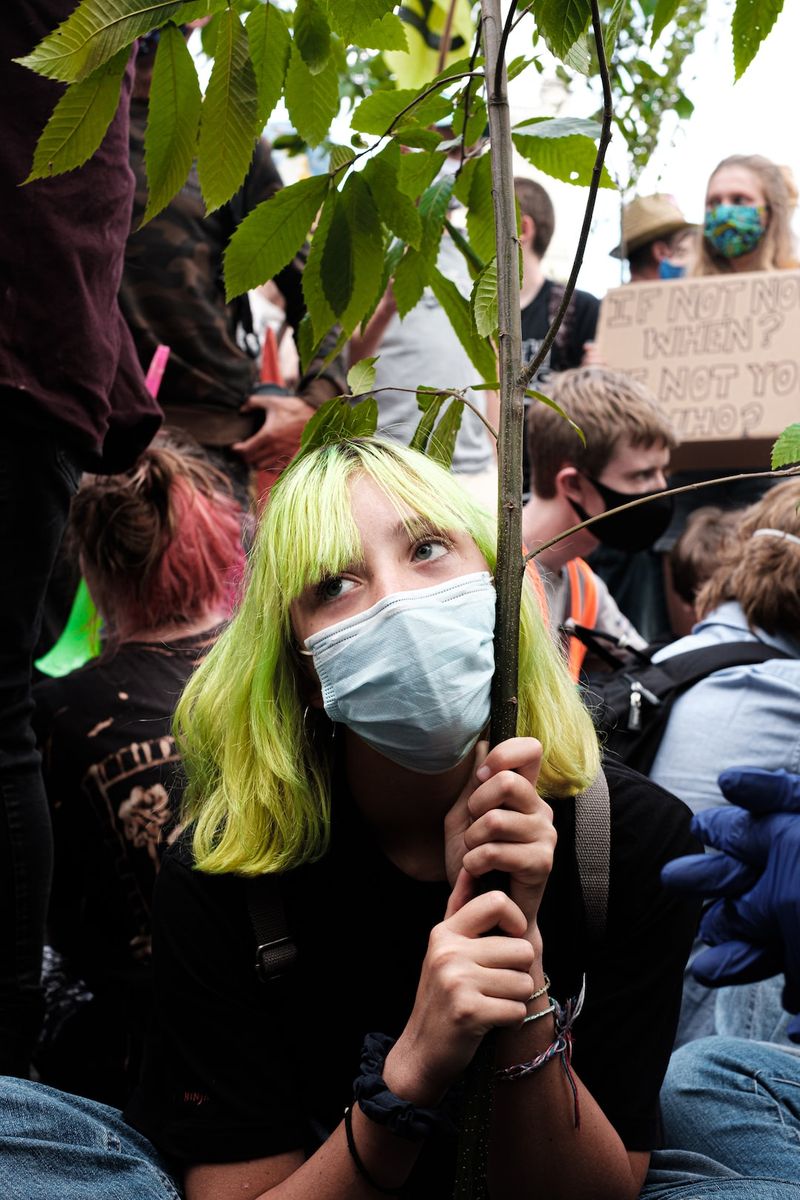Sadistic British Crocodile Expert Admits to Disturbing Crimes
Background
In a shocking turn of events, Adam Britton, a renowned British crocodile expert and researcher, has admitted to sexually abusing and killing dozens of dogs. The scale and brutality of Britton’s actions have left both the public and the legal system astounded. This revelation has generated widespread outrage and calls for justice.
The Gruesome Details
Adam Britton’s crimes, which led to the deaths of 39 innocent dogs, have been deemed by the judge as “grotesque cruelty” – a characterization that aptly captures the horrifying nature of his actions. The depravity displayed in his behavior has shocked even those who have been involved in the criminal justice system for many years.
It is important to note that the details of Britton’s charges are so disturbing that members of the public, security staff, and reporters were urged to leave the courtroom before they were read out. This precaution demonstrates the truly gruesome nature of the crimes committed by this so-called expert.
Controversial Actions in Research
Prior to these appalling revelations, Britton was known for his controversial actions in the field of crocodile research. While some praised him as a pioneering figure, others criticized his methods as unethical and dangerous. His willingness to push the boundaries in order to gain insight into these fascinating creatures oftentimes led to heated debates within the scientific community.
Ethical Dilemmas in Scientific Research
This case also raises broader questions about the ethical conduct of scientific research. While the vast majority of researchers adhere to strict moral guidelines and prioritize the welfare of their subjects, cases like Britton’s serve as a dark reminder of the potential for abuse in the pursuit of scientific knowledge.
It is essential to emphasize that the actions of individuals like Britton are not representative of the scientific community as a whole. However, this case highlights the need for continued vigilance and oversight to prevent similar violations from occurring in the future.
The Role of Public Trust in Experts and Authorities
In addition to the shockwaves reverberating through the scientific community, this scandal also erodes public trust in experts and authorities. Britton’s position as a well-respected crocodile expert has now become synonymous with the vile acts he has committed. The public’s faith in those who hold specialized knowledge and expertise is severely undermined when such an individual engages in appalling criminal behavior.
Editorial: Confronting Evil within the Scientific Community
The revelations surrounding Adam Britton’s crimes serve as a stark reminder that evil can exist even within the scientific community. It is incumbent upon society to recognize and address instances of moral corruption, regardless of the perpetrator’s profession or accomplishments.
Safeguarding the integrity of scientific research requires not only rigorous methodologies but also an unwavering commitment to ethical conduct. The scientific community must continue to foster an environment that promotes transparency, accountability, and shared ethical standards.
Advice for Accountability and Prevention
To prevent future occurrences of such abhorrent behavior, there are several key steps that can be taken:
1. Strengthening Ethical Guidelines: Scientific organizations and institutions should review and revise their ethical guidelines, ensuring they encompass all potential areas of misconduct, including abuse of organisms involved in research.
2. Enhanced Oversight and Reporting Mechanisms: It is imperative to establish robust monitoring processes and reporting mechanisms for any suspected ethical violations. This will encourage an environment where individuals feel comfortable speaking out against misconduct.
3. Educating and Raising Awareness: Increasing public understanding of the ethical challenges faced by scientists can enable better scrutiny and accountability. Public awareness campaigns can highlight the importance of responsible scientific conduct and emphasize the consequences of unethical behavior.
4. Collaboration and Dialogue: The scientific community should foster collaborations across disciplines and engage in meaningful dialogue on the complexities of ethical dilemmas. This allows for a more holistic approach to addressing these issues and can help prevent future misconduct.
In conclusion, Adam Britton’s admission of sexually abusing and killing dozens of dogs is a shocking reminder of humanity’s capacity for evil, even within respected professions. This scandal offers an opportunity to reflect on the moral responsibilities of the scientific community, and how we can collectively ensure the highest standards of ethical conduct in scientific research.

<< photo by Pablo Heimplatz >>
The image is for illustrative purposes only and does not depict the actual situation.




